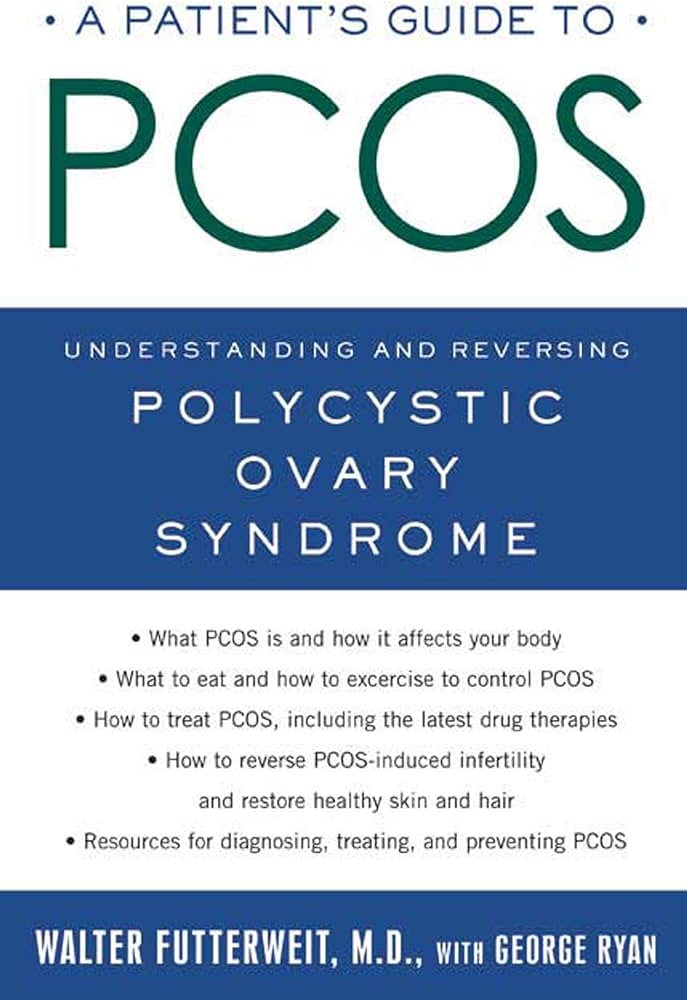Nutrition Information in Avocado: Unleashing the Health Benefits
Avocado provides essential nutrition with high levels of healthy fats, fiber, vitamins, and minerals. Avocado is a versatile and nutritious fruit that is enjoyed by many around the world.
It is a unique fruit that is high in healthy fats and low in carbohydrates, making it an excellent choice for those following a low-carb or ketogenic diet. In addition to its healthy fats, avocado is also a good source of fiber, vitamins, and minerals.
It contains high amounts of potassium, vitamin K, vitamin E, vitamin C, and several B vitamins. This combination of nutrients makes avocado beneficial for heart health, digestion, and skin health. Incorporating avocado into your diet can help support overall health and well-being. Avocado is a nutritious and delicious fruit that offers numerous health benefits.
Avocado: A Nutritional Powerhouse
An avocado is a nutritional powerhouse, packed with a rich nutrient profile that has numerous health benefits. One of the standout features of avocados is their high content of healthy fats. These “good” fats, such as monounsaturated and polyunsaturated fats, can help lower bad cholesterol levels and reduce the risk of heart disease. Avocados are also an excellent source of vitamins and minerals. They are particularly high in vitamins K, C, E, and various B vitamins, as well as potassium and folate. These nutrients play essential roles in supporting overall health, from promoting proper blood clotting to supporting a healthy immune system.
Furthermore, avocados offer various other health benefits due to their nutrient density. They contain fiber, which aids in digestion and helps maintain a healthy weight. Additionally, the combination of healthy fats and fiber in avocados can contribute to improved nutrient absorption from other foods. Including avocado in your diet can provide a tasty and nutritious addition to meals and snacks.
Heart-healthy Benefits
Avocado, the creamy and versatile fruit, offers numerous heart-healthy benefits. Its role in cardiovascular health is notable, thanks to its protective effects against heart disease. Avocado contains monounsaturated fats that help reduce bad cholesterol levels in the body. These healthy fats also aid in increasing good cholesterol, resulting in a positive impact on overall cholesterol levels.
Weight Management And Digestive Health
Avocado is a versatile fruit that offers numerous benefits for weight management and digestive health. Its role in weight loss and weight management can be attributed to its high fiber content. Fiber helps to keep you feeling full for longer, reducing the chances of overeating. Additionally, fiber aids in proper digestion by promoting regular bowel movements and preventing constipation. The high fiber content in avocados also supports healthy gut bacteria. These beneficial bacteria help to break down food and absorb nutrients more efficiently, contributing to proper digestion and nutrient absorption. Incorporating avocados into your diet can be a delicious and nutritious way to support both weight management and digestive health.
Credit: well-actually.co.uk
Boosting Brain Function
Avocado is a powerhouse when it comes to boosting brain function. Its impact on cognitive function is remarkable. One of the reasons for this is that avocados are rich in antioxidants, which are essential for brain health. Antioxidants help to protect the brain cells from damage caused by free radicals.
In addition to this, avocados have been found to enhance memory and focus. They contain nutrients such as vitamin K and folate, which are crucial for cognitive function. These nutrients support the brain in various ways, including improving memory and enhancing concentration.
Enhancing Eye Health
Avocado is a nutrient-dense fruit that offers numerous health benefits, including enhancing eye health. Avocado contains a high content of eye-friendly nutrients, making it an excellent choice for maintaining good vision. The fruit is packed with lutein and zeaxanthin, two antioxidants known for their role in reducing the risk of age-related macular degeneration. These compounds help protect the eyes from harmful blue light and oxidative stress. Including avocado in your diet can help support healthy eyesight and preserve overall eye health. Whether eaten on its own, added to salads, or used as a spread, avocado can be a delicious and nutritious way to nourish your eyes.
Skin And Hair Health
Avocado is not only a delicious fruit but also offers numerous benefits for skin and hair health. Its moisturizing and nourishing properties make it an excellent natural ingredient for maintaining healthy skin. The high fat content in avocados helps to moisturize the skin and keep it hydrated, preventing dryness and flakiness. It also contains antioxidants and vitamins that protect the skin from oxidative damage and promote a youthful appearance.
When it comes to hair health, avocados can work wonders. The healthy fats and vitamins in this fruit help to strengthen the hair follicles and promote hair growth. Avocado oil can be used as a deep conditioner to nourish and repair damaged hair, making it smoother, shinier, and more manageable. Additionally, the vitamins and minerals in avocados can help prevent hair loss and improve overall scalp health.
Immune System Support
Avocado is a nutrient-packed fruit that offers numerous health benefits, including support for the immune system. It contains a variety of antioxidants, such as vitamins C and E, which play a crucial role in fighting free radicals and reducing oxidative stress in the body. These antioxidants help to strengthen the immune system by protecting cells from damage and supporting their proper function. Additionally, avocados are rich in essential nutrients like folate, potassium, and magnesium, which are essential for a well-functioning immune system.
The impact of avocados on immune function is significant. The combination of antioxidants and essential nutrients in avocados helps to strengthen the body’s defenses against illness and disease, making it an excellent addition to a healthy diet. Whether enjoyed on toast, in salads, or as a creamy dip, avocados are a delicious and nutritious way to support your immune system.
Supporting Bone Health
Avocado plays a vital role in supporting bone health due to its high content of bone-strengthening nutrients. This fruit is rich in essential vitamins and minerals like vitamin K, vitamin C, vitamin E, and magnesium, all of which are necessary for maintaining strong bones.
Vitamin K is particularly important as it helps to increase calcium absorption and promote bone mineralization. Moreover, avocados are also a good source of potassium, which helps to neutralize acid in the body, preventing the loss of calcium from the bones.
Including avocados in your diet can reduce the risk of osteoporosis, a condition characterized by weak and brittle bones. Thanks to their nutrient profile, avocados contribute to the overall bone health and provide the necessary nutrients for maintaining strong and healthy bones. So, try incorporating avocados into your meals to reap the benefits they offer for bone health!
Managing Diabetes
Avocados are a great addition to a diabetic diet plan as they have a minimal impact on blood sugar levels. This is because they are low in carbohydrates and high in healthy fats and fiber. The monounsaturated fats in avocados can help improve insulin sensitivity and promote better blood sugar control. Additionally, the high fiber content aids in slowing down the absorption of carbohydrates, preventing sudden spikes in blood sugar levels.
Furthermore, avocados contain essential nutrients such as potassium, which can help regulate blood pressure and reduce the risk of heart disease, a common complication of diabetes. They also provide a good source of vitamin C, vitamin E, and various B vitamins, which are important for overall health and well-being.
Overall, including avocados in a balanced diabetic meal plan can be beneficial for managing blood sugar levels and promoting overall health.
Incorporating Avocado Into Your Diet
Avocados are packed with essential nutrients, making them a great addition to any diet. Including avocado in your meals is both easy and delicious. Here are some simple ways to incorporate avocado into your daily routine:
Avocado Recipes For Breakfast, Lunch, And Dinner
Avocados can be used in a variety of dishes throughout the day. For breakfast, try spreading mashed avocado on toast or adding slices to your omelet. For lunch, whip up a refreshing avocado salad or add diced avocado to your sandwich. When it comes to dinner, avocados can be used as a topping for grilled meats or blended into a creamy pasta sauce. The options are endless!
Tips For Selecting And Storing Avocados
When selecting avocados, look for ones that are slightly soft to the touch. Avoid those with any dark spots or dents. If your avocados are not quite ripe, place them in a paper bag with a banana or apple to speed up the ripening process. Once ripe, store avocados in the refrigerator to extend their shelf life. Remember to only cut them open when you’re ready to use them to prevent browning.
Frequently Asked Questions Of Nutrition Information In Avocado
What Is The Nutritional Value Of Avocado?
Avocados are packed with nutrients like healthy monounsaturated fats, vitamins, and minerals. They are a great source of fiber, potassium, and vitamin K. Avocados also contain vitamins B5, B6, E, and C, as well as folate and magnesium.
How Many Calories Are In An Avocado?
One medium-sized avocado contains approximately 234 calories. However, you should keep in mind that avocados contain healthy fats that are beneficial to your body and can help you feel full and satisfied.
Is Avocado Good For Weight Loss?
Yes, avocados can be a great addition to a weight loss diet. While they are relatively high in calories, they also provide a good amount of fiber and healthy fats that can keep you feeling full for longer. Including avocados in your diet can help control hunger and prevent overeating.
Conclusion
The nutrition information in avocado is undeniably impressive. Packed with healthy fats, fiber, and an abundance of essential vitamins and minerals, avocados should not be overlooked when planning a balanced diet. Whether enjoyed in salads, spreads, or as a standalone snack, avocados offer a multitude of health benefits and contribute to overall well-being.
So, next time you find yourself at the grocery store, be sure to grab a few avocados to incorporate into your meals for a delicious and nutritious boost.




